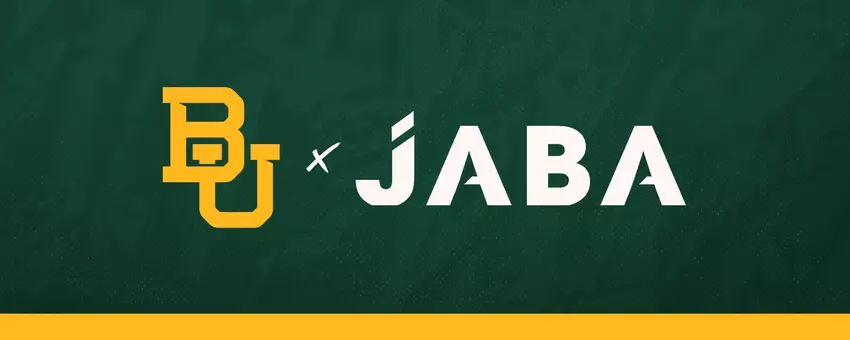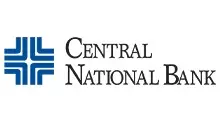Compliane Question of the Week
10/21/2004 12:00:00 AM | General
Oct. 21, 2004
Question:
What is academic fraud?
Answer:
Academic fraud is a term used to describe any act by a student which may result in the false academic evaluation of that student or of another student. At Baylor University, this concept is defined in the University Honor Code as dishonorable conduct. Dishonorable conduct includes any act of academic dishonesty, including but not limited to the following:
Offering as one's own work, in whole or in part, the work of another.
Incorporating into one's work passages taken either word for word or in substance from a work of another, unless the student credits the original author and identifies the original author's work with appropriate references.
Offering work that was previously submitted for credit in another course, unless the student secures permission to do so prior to submission from the instructor.
Offering for course credit work prepared in collaboration with another, unless the student secures the instructor's permission in advance of submission.
Using, during an examination period, material not authorized by the instructor giving the examination.
Taking an examination for another student or knowingly permitting another person to take an examination for oneself.
Giving, receiving, or obtaining information pertaining to an examination during an examination period, unless such action is authorized by the instructor giving the examination.
Divulging the contents of an essay or objective examination designated by the instructor as an examination not to be removed from the examination room or discussed.
Engaging in any behavior that creates an unfair advantage.
Intentionally injuring another student academically.
Failing to report dishonorable conduct.
Altering or falsifying academic documents such as transcripts, change of schedule forms, closed class cards, doctors' excuses, grade reports, and other such documents.
Academic fraud is a violation of NCAA Bylaw 10.1 (b). Any Baylor University staff member (e.g., coach, professor, teaching assistant, tutor, counselor, etc.) that has knowledge of a student-athlete submitting work or exams that is not his or her own must report such activity to the Athletics Compliance Office.



















